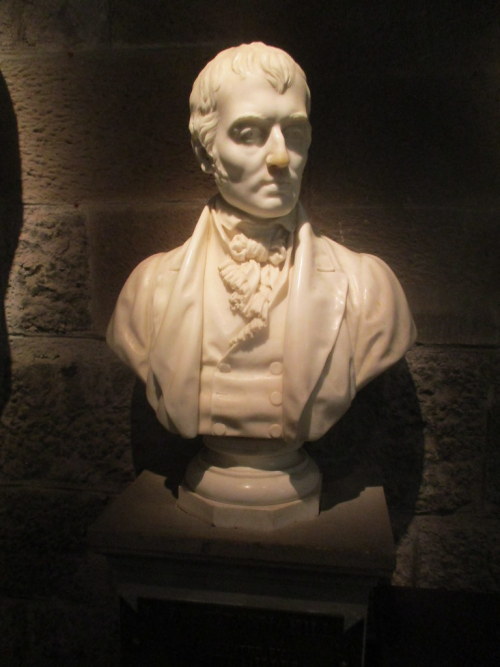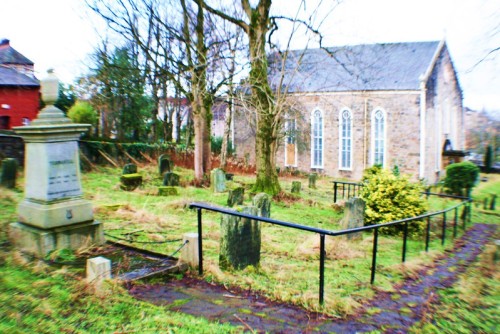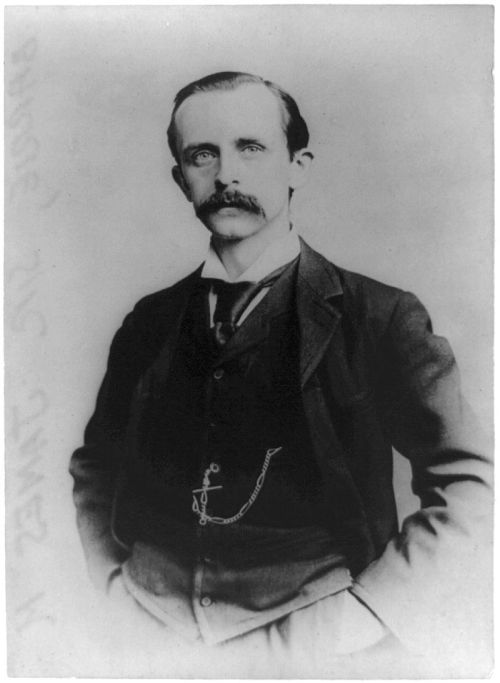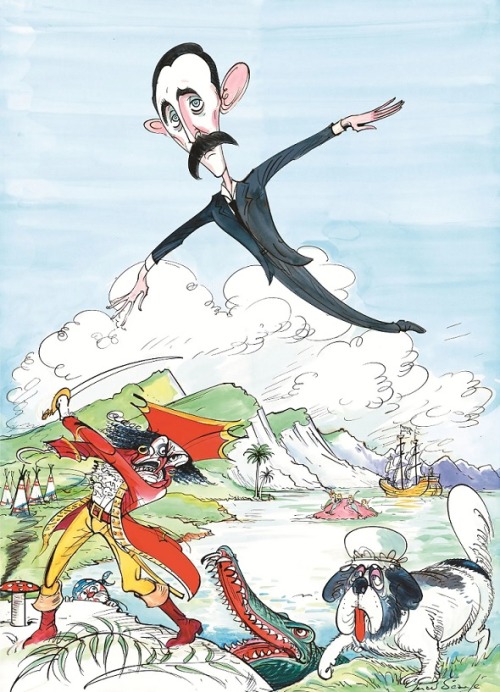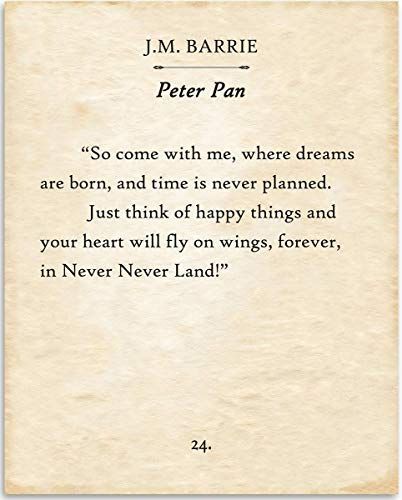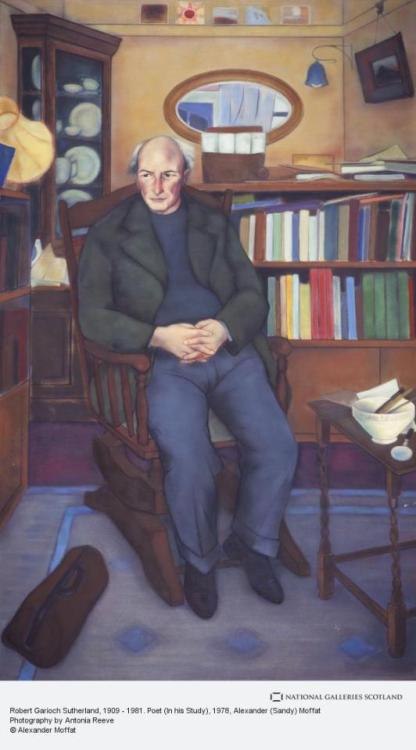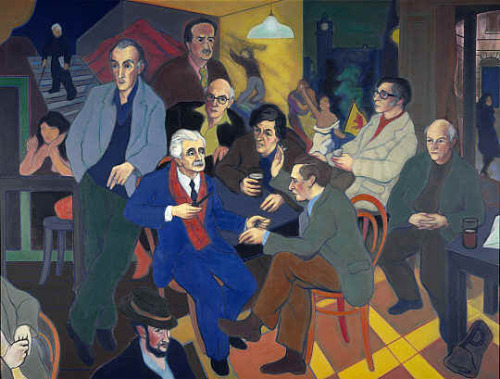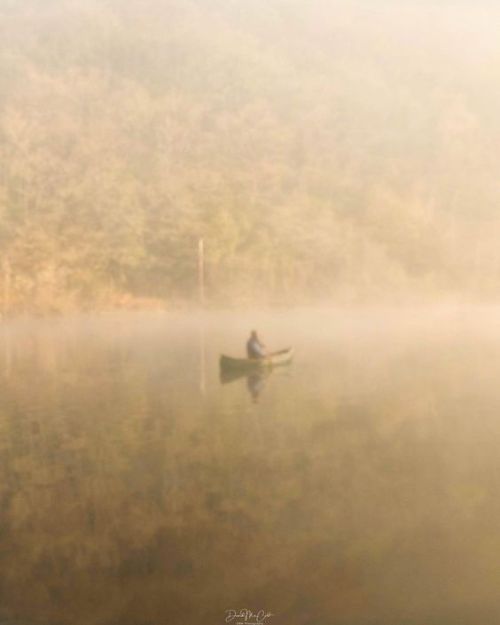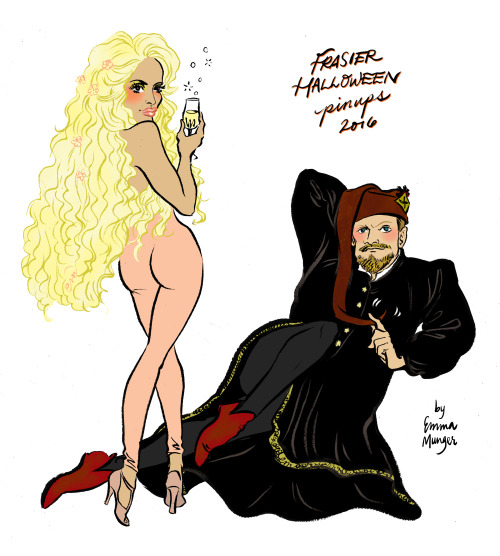#literary figure
April 13th 1996 saw the death of the Orkney Poet and writer George Mackay Brown.
George Mackay Brown is perhaps Orkney’s best known author. He was born in Stromness in 1921 and his poetry, plays, novels and short stories continue to have an impact worldwide.
His work was inspired by Orcadian folklore – the myths, legends and sagas - Orkney’s Norse heritage, the natural landscape, his childhood and exploration of his faith. He wrote about his hometown of Stromness and chronicled the lives of the people who lived here and the way of life.
After six years as the Stromness correspondent for the Orkney Herald and a period recovering from tuberculosis, GMB, as he is often referred to in Orkney, from 1951 studied at Newbattle College in Midlothian under warden Edwin Muir, a fellow Orcadian writer. He went on to read English at Edinburgh University, returning to Orkney in 1961.
While in Edinburgh of course he drifted towards the crowd in Milnes Bar and into the company of Hugh MacDiarmid, Norman MacCaig and the likes. He met and fell in love with Stella Cartwright described as the bars muse and she was lover to a number of Scottish poets, they were briefly engaged but kept in touch until she passed away in 1985.
Dubbed by some as the Orkney bard, his first book of poems sold out in days. Despite almost continual ill-health he continued to write and gained numerous prizes for his work. These included the James Tait Memorial Prize for his novel The Golden Bird: Two Orkney Stories. Beside the Ocean of Time was shortlisted for the Booker Prize and won the Scottish Book of the Year title from the Saltire Society. He was awarded the OBE and three honorary degrees.
His weekly column which ran for more than 25 years in The Orcadian from 1971 is in print in book form and gives an insight into his Stromness routines and his observations on a changing Orkney.
George Mackay Brown died in 1996 but his legacy lives on in his words, and in the George Mackay Brown Fellowship.
https://georgemackaybrownfellowship.com/
Shroud.
Seven threads make the shroud,
The white thread,
A green corn thread,
A blue fish thread,
A red stitch, rut and rieving and wrath,
A grey thread
(All winter failing hand falleth on wheel)
The black thread,
And a thread too bright for the eye.
.
George Mackay Brown
Post link
On May 17th 1810 the poet Robert Tannahill drowned himself in a Paisley canal.
Some posts can hit home more than others, anyone who has or is going through the hell of real depression will understand more than others. The stigma of the disease is being more talked about more than ever, it’s not a new thing to be depressed, our own Scottish King Robert III is said to have suffered from it, indeed he described himself as “the worst of kings and the most miserable of men”.
On to Robert Tannahill, who, in his lifetime was as famous as our national bard Robert Burns, he was in the same mould of the Ploughman Poet and was the first Secretary of the Paisley Burns Club established in 1805 he also wrote several poems and songs in Burns’ memory.
Tannahill had friends in Glasgow and neighbouring towns, attended the theatre in Glasgow and, importantly, was familiar with the publishers in Glasgow who were established in selling ballad poetry. His early works were also printed in the Glasgow Courier, leading to his recognition as the leading poet of the periodicals. Tannahill’s first collection was ‘The Sodger’s Return’. a Scottish interlude in two acts, with other poems and songs, chiefly in the Scottish dialect. It sold well, and the latter part of the title is a clear homage to Burns.
Robert Tannahill – the ‘Weaver Poet’in Paisley, the son of James Tannahill and Janet Pollock. Young Robert was apprenticed as a weaver at the age of 12 in 1786 and spent a brief time working at Bolton, in Lancashire, England. He returned home to Paisley and began to compose pieces of verse in Scots which were published by various journals. Scottish weavers had a reputation for literacy and cultivated tastes because their work, often done at a loom with the feet, allowed them the freedom to hold and read books. When his father died in 1802, Robert joined the newly established ‘Paisley Literary and Convivial Association’ which was an outlet for his literary tastes.
In 1810 after having work rejected by an Edinburgh publisher Robert drowned himself in the Candren Burn, his body was discovered by his two brothers.
Tannahill was buried at Castlehead Cemetery, Canal Street, Paisley, in an unmarked grave in what was formerly the West Relief Church. In 1866 a granite monument was erected here to his memory. There is also a statue to Tannahill next to Paisley Abbey, erected by public subscription in 1883.
There is a famous story involving Tannahill’s emotional farewell to James Hogg who had travelled west in the hope of meeting the Paisley poet. Hogg says that, upon leaving Tannhill, he ‘had scarcely reached Edinburgh’ before he ‘read in the newspapers an account of his sad end.’
Again I say about depression, nobody knows what is going on inside the mind of people, it’s an invisible illness, a silent killer, you can be talking to someone who shows no signs of depression outwardly, but inside they are toiling, be mindful with people, never be harsh with your words.
The Flower of Levern Side.
Ye sunny braes that skirt the Clyde
Wi’ simmer flowers sae braw,
There’s ae sweet flower on Levern side,
That’s fairer than them a’:
Yet aye it droops its head in wae,
Regardless o’ the sunny ray,
And Wastes its sweets frae day to day,
Beside the lonely shaw;
Wi’ leaves a’ steep’d in sorrow’s dew,
Fause, cruel man, it seems to rue,
Wha aft the sweetest flower will pu’,
Then rend its heart in twa.
Thou bonny flow'r on Levern side,
O gin thou'lt be but mine;
I’ll tend thee wi’ a lover’s pride,
Wi’ love that ne'er shall tine;
I’ll take thee to my shelt'ring bower,
And shield thee frae the beating shower,
Unharm’d by ought thou'lt bloom secure
Frae a’ the blasts that blaw:
Thy charms surpass the crimson dye
That streaks the glowing western sky,
But here, unshaded, soon thou'lt die,
And lone will be thy fa’.
Post link
The Author James Matthew Barrie was born on May 9th 1860 in Kirriemuir.
J M Barrie, as he became known, received his early education from The Glasgow Academy and Dumfries Academy. Despite his earnest wish to become a writer, his family emotionally blackmailed him to pursue a worthwhile profession, for instance, ministry. However, he struck a bargain that he would receive higher education from a university with a major in literature. While studying at University of Edinburgh, he served as a drama reviewer for Edinburgh Evening Courant. In 1882, he earned his Masters of Arts degree.
I think we all know about his most famous work, Peter Pan so I have dug up a few alternative facts on Barrie for this post, he was a friend of fellow author Arthur Conan Doyle and in a “spoof” tale about Sherlock Holmes he was the first to “kill off” the famous detective.
Barrie was something of an eccentric: he used to order Brussels sprouts every day for lunch purely because he enjoyed saying the words.
He set up a celebrity cricket team featuring G. K. Chesterton, Arthur Conan Doyle, Jerome K. Jerome, A. A. Milne, and H. G. Wells. They were named the Allahakbarries In the mistaken belief that the Arabic phrase ‘Allah akbar’ means ‘heaven help us’ (it actually means ‘God is great’). They were active as a cricket team between 1890 and 1913.
One of J. M. Barrie’s less well remembered stage works was the 1901 comedy Quality Street, set during the Napoleonic Wars. The play is not read or revived much now, but its lasting legacy was in providing the confectioners, Mackintosh’s, with a name for their new chocolates in 1936, so Quality Street got their name from Barrie’s play.
Not all his plays were successful and as you would expect from a literary man like Barrie he wittily summed this up with this assessment that ‘some of my plays peter out, others pan out’
Post link
Robert Garioch Sutherland was born in Edinburgh on 9th May 1909.
His father was a painter and semi-professional fiddler and his mother a music teacher. Young Robert was educated at the Royal High School, Edinburgh, and the University of Edinburgh, graduating MA (with honours) in English Language and Literature in 1931. He won the Sloan Prize for verse in Scots in 1930.
During the Second World War Garioch served in the Royal Signals, but was a prisoner of war between 1942 and 1945 - the subject of his moving memoir, ‘Two Men and a Blanket’. Both before and after the war he worked as a school teacher in the London area, a profession he later took up when he returned to Edinburgh until the mid-1960s.
Robert Gairloch then became a lexicographer on the ‘Dictionary of the Older Scottish Tongue’, and was also a transcriber at the School of Scottish Studies. He was appointed Writing Fellow at the University of Edinburgh in 1971.
Garioch had met Sorley MacLean at Edinburgh University, and poems by both appear in 17 Poems for 6d, published by Garioch. Scots was spoken in the family home and Garioch wrote mostly in Scots all his writing life, but as somewhat of an outsider to the Scottish Renaissance – he was never part of MacDiarmid’s crowd. His Scots was not dictionary-bound in the way MacDiarmid’s was but while he based it on his spoken Edinburgh Scots dialect, he was happy to borrow whatever he thought appropriate. He cared deeply about the craft of writing and was adept at many different verse forms, especially the sonnet, which he used ‘with unsonnet-like tonalities’
Not only writing about Edinburgh, he also tackled larger themes. ‘The Wire’, for instance, is a long allegorical poem on death and imprisonment, based on his time as a prisoner of war; ‘The Muir’ explores science and religion. Both a wee bit too long for the poems I like to read.
His main impact was achieved through his well-crafted shorter poems. My type of verse, nothing too challenging, that keep my attention, which I admit often wavers, my school reports a testament to this, often had the words “Easily distracted” written on them.
Serving as wry observations of Scottish life, especially in Edinburgh, the poems retain a large fanbase to this day, and Garioch is remembered with an inscription in Makars’ Court outside the Writers’ Museum.
The Aberdonian poet Roderick Watson said Garioch’s poems “(were) ‘the brilliant fusions of Humanist and modern observer which have established his reputation as one of the greatest of modern Scottish poets.’
He died in the spring of 1981
Here’s the hard bit, trying to choose a poem to highlight Garioch’s talent, I have chosen one that he wrote in praise of a poet often overlooked as he died at such a young age, but one that perhaps would have been as famous as Burns had he reached a maturity, Robert Ferguson, he writes of his debt to a poet whom he appeared to regard as his spiritual predecessor. I too can relate to this as I have the title could be written for me as I have stood at the spot in the Canongate Kirkyard many times where Garioch must have as the chrysali of the poem may have materialised in his head. Like Garioch, when I am there I also think of Rabbie, as he must have stood, or “knelt” as he says, before the sad poets grave.
The pics are interesting, Gairoch is in all three, the second and third are by Fife painter Alexander Moffat, some of you might recognise the third, as I have posted it before, but not sure if it was on here or the Edinburgh group I am admin on, it is called “Poets Pub features 7 poets, including Gairoch, although as I said earlier, he was never a regular in Milnes Bar, where poest used to gather, the "pub” is actually an amalgam of a few bars in the area including The Cafe Royal and The Abbotsford. The other poets sitting at the tables are Norman MacCaig, Hugh MacDiarmid, Sorley Maclean, Iain Crichton Smith, George Mackay Brown, Sydney Goodsir Smith and Edwin Morgan The fourth pic is his inscription on Makars Court in the Old Town.
I’ve chosen the poem that I can directly relate to, At Robert Fergusson’s Grave, is a place I have stood and indeed posted pics from through the years on here.
Canongait Kirkyaird in the failing year
is auld and grey, the wee rosiers are bare,
five gulls leam white agin the dirty air:
why are they here? There’s naething for them here.
Why are we here oursels? We gaither near
the grave. Fergusons mainly, quite a fair turn-out,
respectfu, ill at ease, we stare
at daith - there’s an address - I canna hear.
Aweill, we staund bareheidit in the haar,
murnin a man that gaid back til the pool
twa-hunner year afore our time. The glaur
that haps his banes glowres back. Strang, present dool
ruggs at my hairt. Lichtlie this gin ye daur:
here Robert Burns knelt and kissed the mool.
Post link






